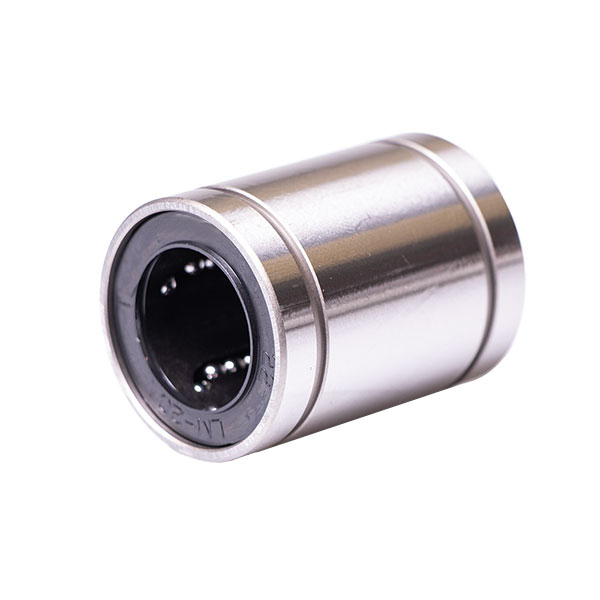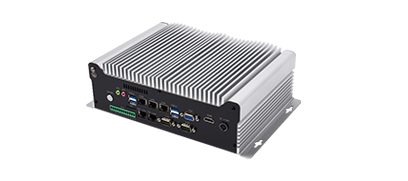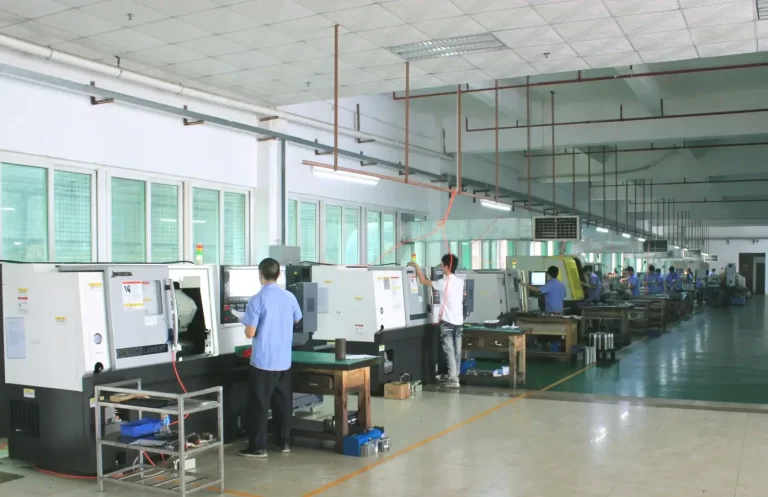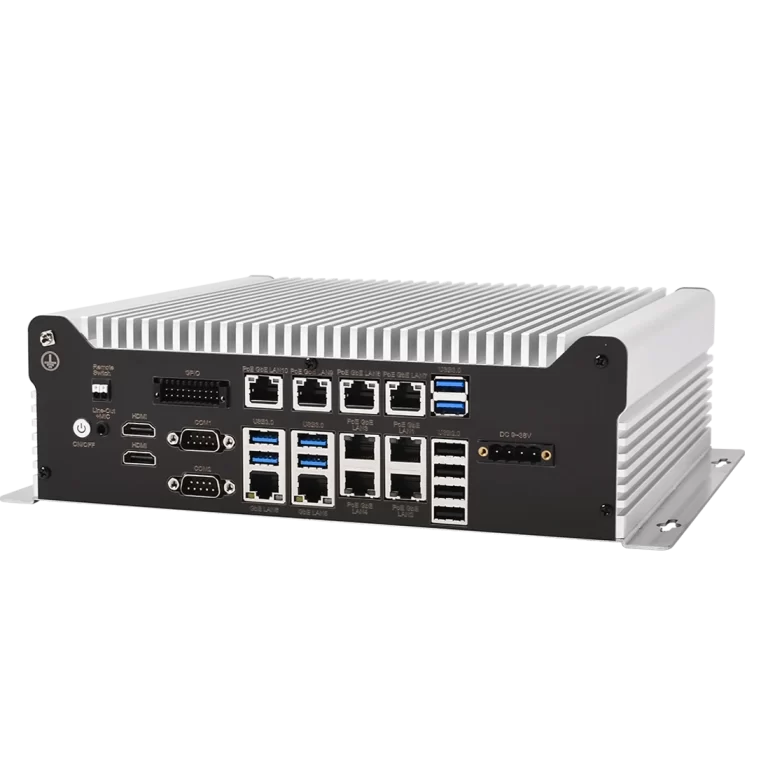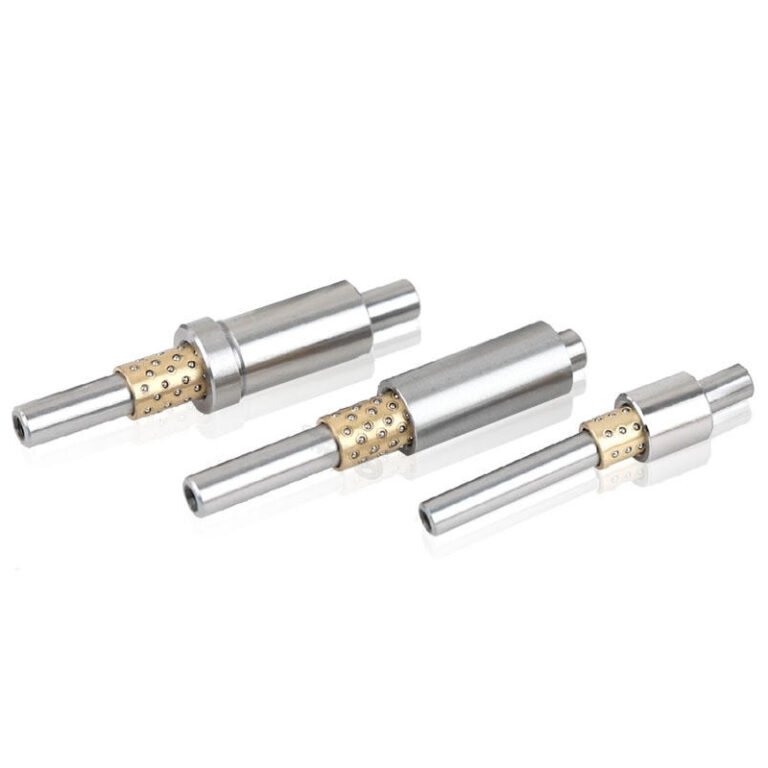Industrial control computers, commonly known as industrial PCs or IPCs, are designed specifically for monitoring and controlling machinery, production processes, and data parameters in industrial settings. Unlike personal computers (PCs) or servers, industrial control computers operate in harsh environments where the demand for data security is exceptionally high. To ensure optimal performance and longevity, these machines undergo special treatments such as reinforcement, dust-proofing, moisture-proofing, corrosion resistance, and radiation protection. Additionally, industrial control computers require high expandability to accommodate various external devices, often necessitating customized configurations.
In essence, industrial control computers possess several distinctive characteristics compared to conventional PCs:
- Robust Construction: Industrial control computer enclosures are typically made of steel to enhance resistance against magnetic fields, dust, and impacts.
- Specialized Slots: These computers feature dedicated slots, such as PCI and ISA, on specialized motherboards.
- Reliable Power Supply: Industrial control computers are equipped with robust power supplies capable of withstanding significant interference.
- Continuous Operation: These systems are designed for continuous operation over extended periods, potentially running non-stop for months or even years.
- Standardized Enclosures: They often utilize standard enclosures such as 1U, 2U, 3U, or 4U, facilitating easy installation and integration into rack-mounted configurations.
Industrial control computers serve as high-availability, high-density, and cost-effective server platforms tailored for specialized industries and high-density computing environments. They can boot their own operating systems, such as Windows, Linux, or Solaris, from local hard drives, functioning similarly to independent servers. In this mode, each motherboard operates independently, serving distinct user groups without interconnection. However, system software can aggregate these motherboards into a server cluster, forming a unified computing resource pool.

